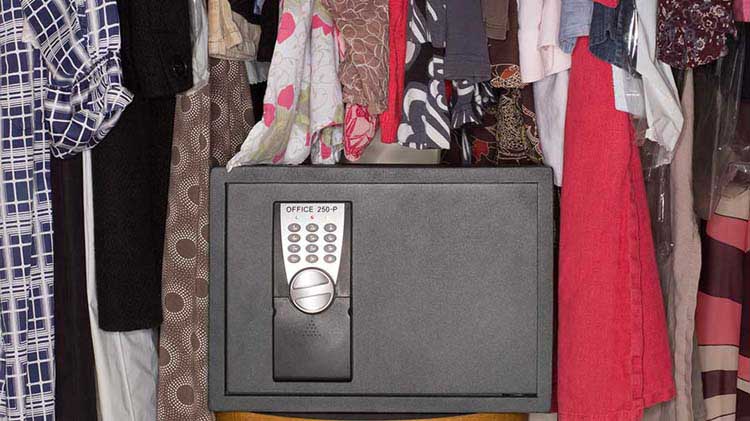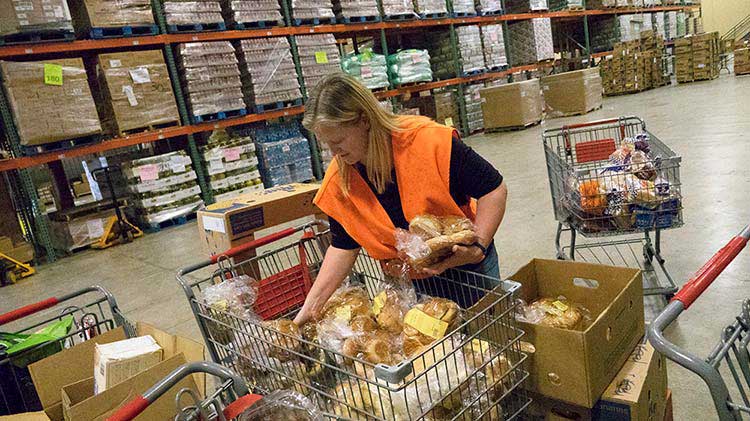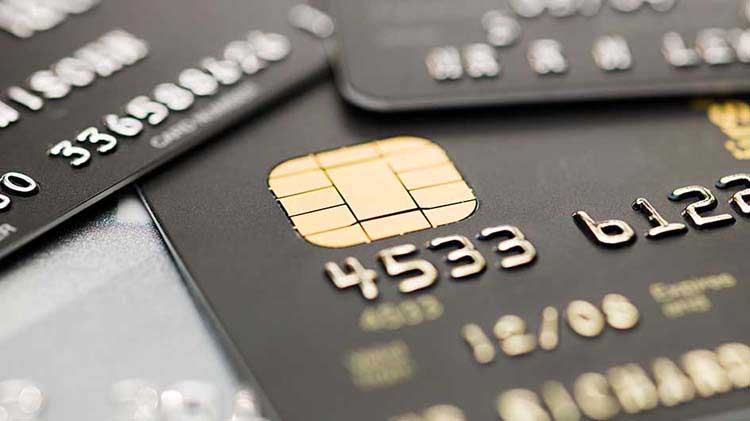Assets are not just for the rich and famous
Many people associate the term assets with wealthy people who own multiple homes or large stock portfolios. But regardless of your financial status, you likely have possessions of value. These possessions are your assets.
An asset is an item that can be converted to cash — in simple terms, sold for money. If you own a home, it's likely your most valuable asset. Besides real estate, other common personal assets of value include:
- Cars
- Jewelry
- Furniture
- Electronics
- Collections, like art or antiques
- Bank accounts
- Stocks and bonds
- Certificates of deposit
You probably have many other belongings, which technically are also assets. But not all of these belongings have a lot of value. It's important to note that the value of an item is what you would receive if you sold it, which differs from its replacement cost, or the price of buying the same item again.
The total of your assets minus your liabilities (what you owe) determines your net worth.
What is the difference between liquid and fixed assets?
Assets fall into two categories: liquid and fixed.
Liquid assets are assets that can be converted quickly and easily to cash without losing value. The most common liquid assets are checking and savings accounts, since you're able to withdraw your funds as needed. Emergency funds are often kept in savings or money market accounts for this reason.
Other liquid assets include life insurance policies that have a cash surrender value, savings bonds, stocks, and certificates of deposit without withdrawal penalties.
Fixed assets aren't as accessible as liquid assets because they're not easily convertible to cash. When fixed assets need to be sold, a hurried sale could result in a loss. Examples of fixed assets include collections of art or antiques, jewelry, and real estate, such as your home.
How can I protect my assets?
You build assets by saving and planning for them. And as you build your assets, it's important to insure and keep a record of them in case of burglary, fire, or some other type of disaster.
Liquid assets should be recorded and any documentation — such as account numbers, certificates, and insurance policies — kept in a safe place, such as a safe deposit box at the bank or in a fire safe if at home. Just in case, always make copies of original documents and back up computer files regularly.
Fixed assets should also be tracked, and you should record both their value and replacement cost. Having a thorough and accessible home inventory is very important to the recovery process in the event of a loss. Start by assessing the value of significant items, like a home and car. Move on to other items, which you can easily take photos or video of to store with receipts or appraisals. Don't forget to update your inventory when you add assets, or if items change in value.
Lastly, make sure you're not the only one who knows where and how to access these and any important records. Your spouse, a grown child, or a trusted friend should know necessary computer passwords and have access to safes and safe deposit boxes.
What should I know about liquidating assets?
Want to buy a home? Or start a small business? Liquidating assets is one way to access money when you need it.
When you liquidate, do so smartly. Make a plan based on the money you need, and know the current value of your assets before selling. Consult a professional for help with any specialized sales, such as for real estate and collections of art.
If you're in a dire economic situation, selling everything not nailed to the ground may seem like the only solution. But liquidating any assets besides your emergency fund should be avoided unless absolutely necessary. Desperate times don't have to lead to desperate — and ill-planned — measures.





